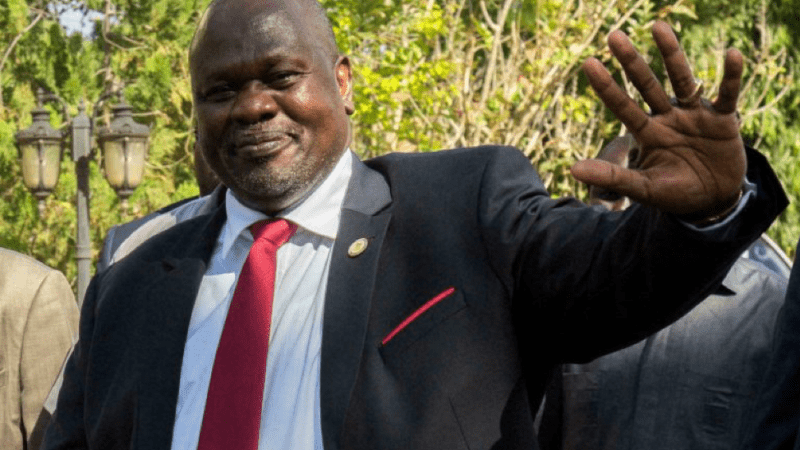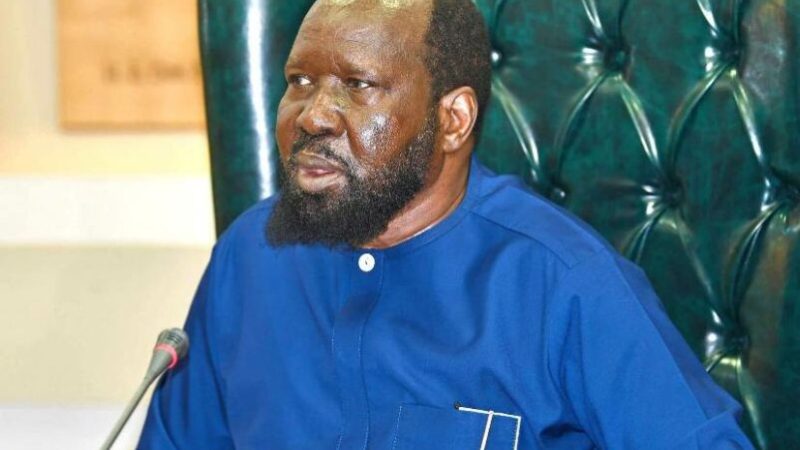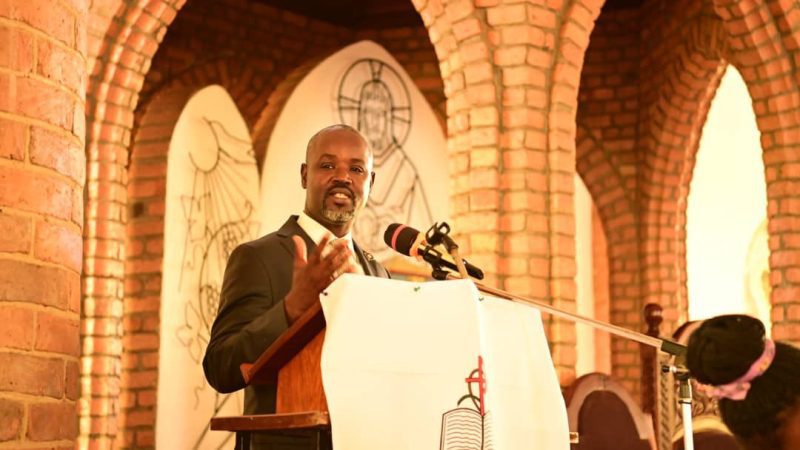The Information Communications Technology Association of Uganda (ICTAU) has expressed concern over President Museveni’s proposal to levy a tax on social media users in the country saying it would have long-term negative consequences on the economy.
Museveni, in a March 12th letter to the Minister of Finance and Economic Planning Matia Kasaija proposed introduction of Excise Duty on airtime, tax on advertisements delivered by Google and a Shs 100 daily usage tax for social media users.
The president premised his proposal on the fact that social media takes up youths’ time doing ‘Lugambo’ (rumors) instead of engaging in productive works that could boost the country’s economy.
He also noted that if implemented, the taxes would earn the country an annual minimum of Shs. 400 billion revenue.
ICTAU however challenged the President’s proposal saying it would increase the cost of internet, make it less accessible to the general public and hence hindering Uganda’s economic growth.
In a letter to the Parliamentary ICT committee, seen by The Tower Post, ICTAU Board Chairperson Albert Mucunguzi cited research findings by World Bank, International Telecommunications Union (ITU), and other organisations, which indicate that increased broadband penetration correlates with a variety of social and economic benefits including GDP growth.
He argued that Museveni’s proposal runs counter to the findings by significantly increasing the cost of internet, hindering its penetration and affecting economic growth in the long run.
“Social media platforms have created new jobs and opportunities for youths that did not exist only five years ago. These platforms have enabled Ugandans to become authors, software coders, graphic designers, videographers, copywriters, comedians, commentators and advertisers,” Mucunguzi wrote.
Do you agree with the President’s directive to add an additional levy on social media users? #SocialMediaTax #Uganda
— ICT Association of UG. (ICTAU) (@ICTAUg) April 3, 2018
Tumwebaze Speaks Out.
Whereas the President suggested that the taxes would boost the country’s revenue by collecting an annual revenue of Shs 400 billion, Minister of ICT and National Guidance Frak Tumwebaze said the taxes aim to support local content.
“This tax proposal is not for boosting revenue collection. We want to tax those applications so that even our local technology innovators can have a chance to produce their own apps,” said Tumwebaze.
“We would be taxing Facebook or WhatsApp developers if they were in Uganda because they are making a lot of money from Ugandans. But since they are not in Uganda, we will tax their users,” he added.








